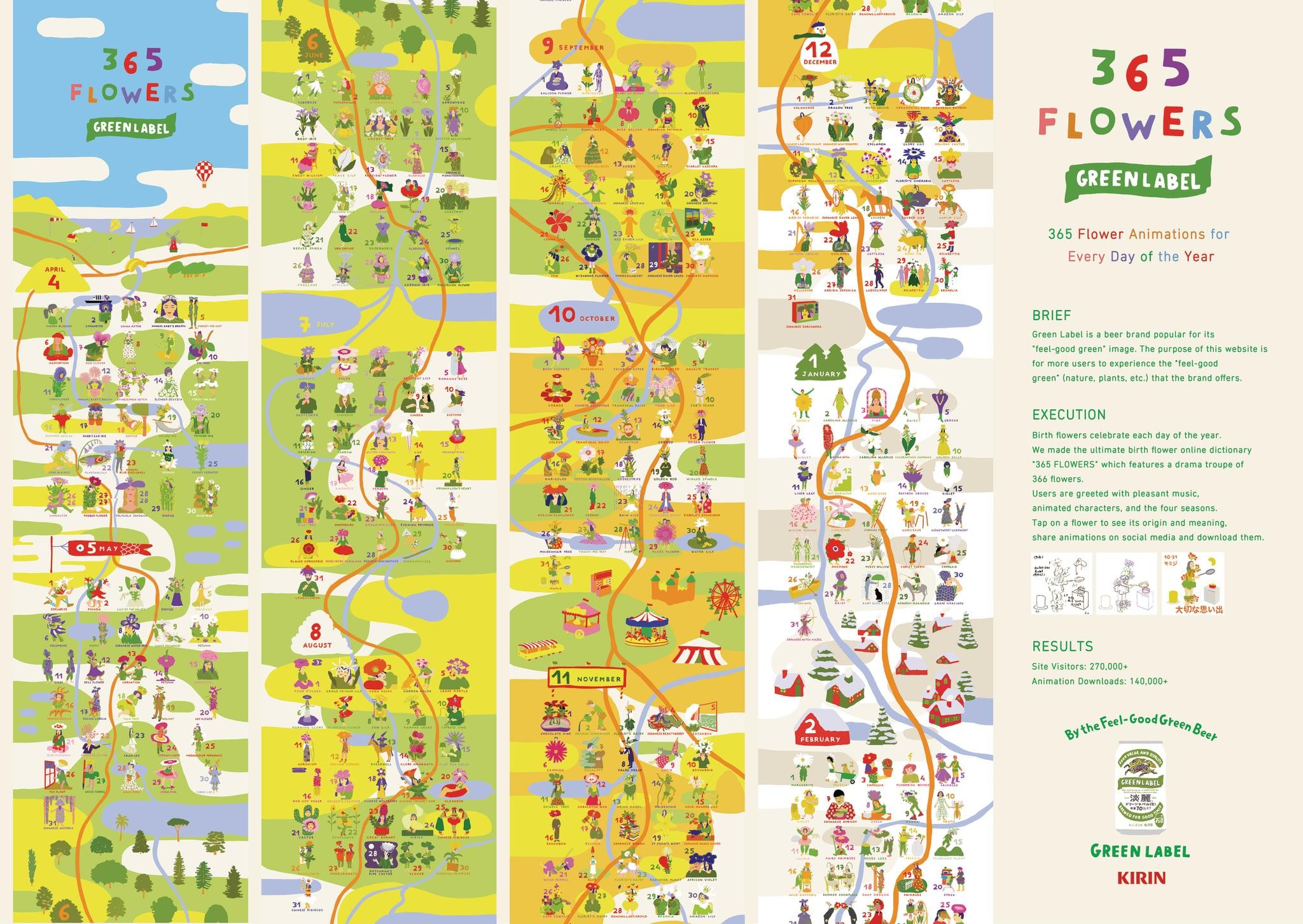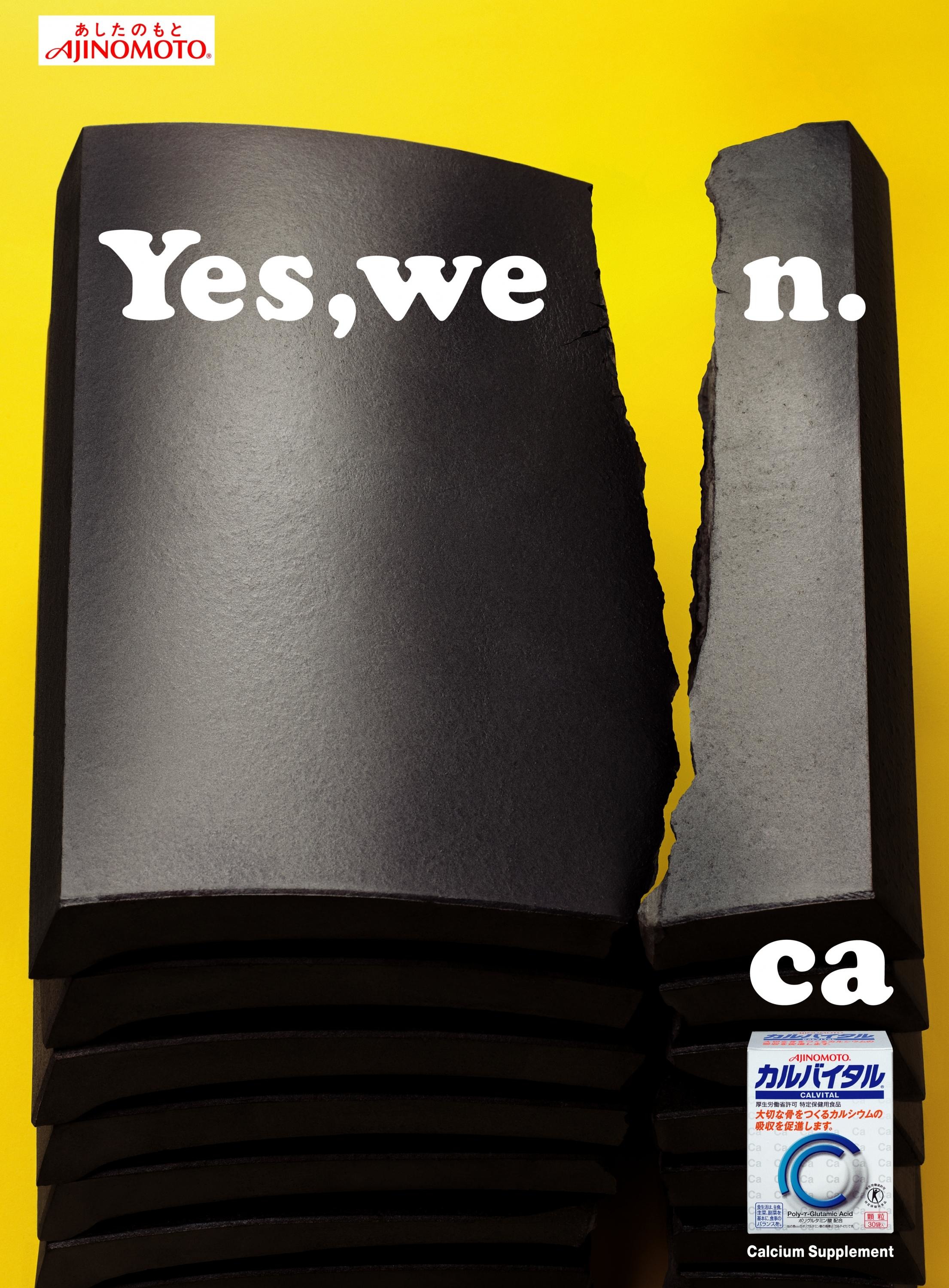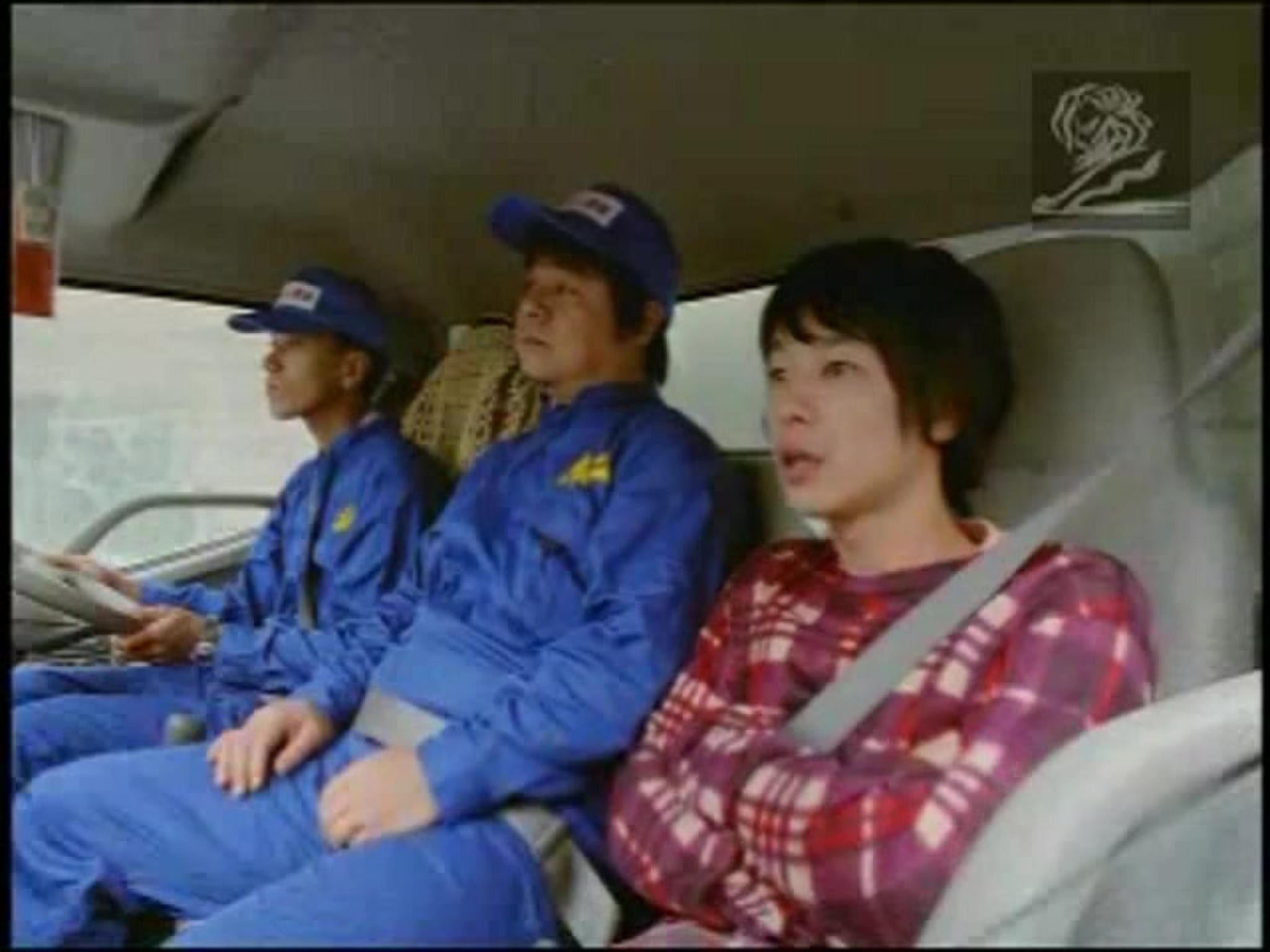Cannes Lions
America's Complicated Relationship with MSG
EDELMAN, New York / AJINOMOTO / 2020

Overview
Entries
Credits
Overview
Background
Ajinomoto is the leading producer of MSG (monosodium glutamate), one of the world’s most popular seasonings. But for years, MSG has been unfairly maligned as a toxin in the U.S. As a result, even though the FDA has proven the safety of MSG, the major food manufacturers have refused to use the ingredient in their products, only further perpetuating the stigma surrounding the seasoning.
Idea
We tackled America’s irrational fear of MSG with a decentralized, community approach, beginning with the source of the problem and ending with a longstanding nemesis.
America’s fear stemmed from one term: “Chinese Restaurant Syndrome.” Our first step was to #RedefineCRS. On Twitter, we publicly demanded America’s most trusted dictionary change their misleading definition. After weeks of pressure, Merriam-Webster relented.
That momentum inspired us to take action during COVID, when Asian restaurants experienced xenophobic attacks and mass closures. Ajinomoto again stood up to racism and demanded that Americans #TakeOutHate, driving nationwide support for 3,400 restaurants, but the fight wasn’t over.
It was time to take on the biggest perpetrator of MSG paranoia: the “No MSG” sign. To counter this symbol, we created “Know MSG,” a new symbol built on facts, not fear. Crafted by an Asian designer, Ajinomoto allowed free usage to anyone willing to spread the truth about MSG.
Strategy
Only 7% of the U.S. felt favorably about MSG and our team of behavioral scientists discovered facts alone wouldn’t budge the issue. It became clear we were up against an unconscious bias.
We dug into the archives and discovered it started in 1968 when one man’s complaint about MSG in Chinese food gained traction in trusted sources and set off a nationwide xenophobic hysteria marked by the term “Chinese Restaurant Syndrome” and the “No MSG” symbol.
We realized we didn’t have a product problem, we had a racism problem. Undoing decades of entrenched xenophobia required a new creative approach. Inspired by modern decentralized narrative theory, we created a momentum building, collaborative, multi-narrative that would attack the stigma and raise up a cultural movement.
Execution
Our mission was singular: take down the xenophobic stigma that’s been haunting MSG for 50+ years. But to do that we took a decentralized approach that attacked the problem on several fronts.
Part 1: America’s MSG hysteria began with a single term: “Chinese Restaurant Syndrome.” So with one Twitter video, we demanded America’s most influential dictionary fix their problematic entry and #RedefineCRS.
Part 2: When COVID struck, our MSG-loving restaurant community experienced xenophobic attacks and closures. That’s when we urged our followers to #TakeOutHate by ordering from AAPI restaurant owners and posting food pics for everyone to see.
Part 3: Next was the biggest perpetrator of MSG paranoia: the “No MSG” sign. To counter this ubiquitous symbol, we created “Know MSG,” a new symbol and rallying cry built on facts, not fear. Crafted by Asian designer, Ajinomoto allowed free usage to anyone willing to spread the truth about monosodium glutamate.
Outcome
Our decentralized approach captured the attention of the press, earning headlines in The New York Times, CNN, and over 1,000 other outlets, and sparked a nationwide movement. Today, we're extremely proud of having been able to persuade over 12.5 million Americans to reconsider their stance on MSG, leading to a phenomenal 128% increase in MSG positivity. And now, with over 50% of Americans confident that the delicious ingredient is safe to eat, sales of MSG has increased by 63%—and provided momentum for our next chapter. Stay tuned.
Similar Campaigns
12 items







